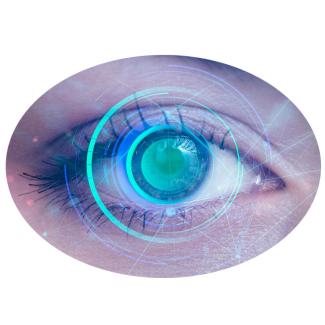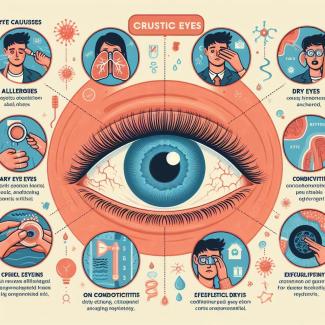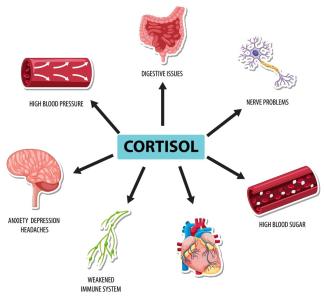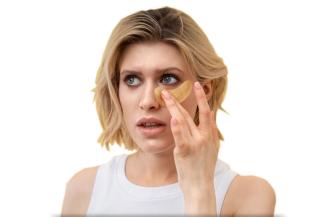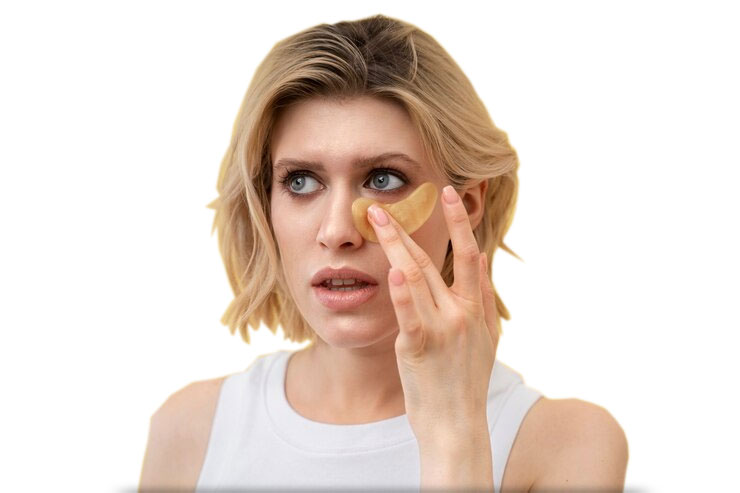
Swollen and puffy face and eyes can occur for various reasons, including fatigue, allergies, excessive salt or fluid intake, lack of sleep, or inflammation. Here are some simple solutions to reduce puffiness and swelling in the face and eyes:
- Cold Compresses:
- Take a cold towel or a cold tea bag, fold it, and place it on the swollen areas of your face and eyes.
- Cold compresses will help constrict blood vessels and reduce puffiness.
- Sleep with an Elevated Head:
- When you sleep, place an extra pillow under your head to elevate it above heart level.
- This can help prevent fluid from pooling in your face and eyes.
- Reduce Salt Intake:
- Excessive salt consumption can lead to fluid retention, which can contribute to puffiness.
- Cut back on salt and consume less salty food.
- Stay Hydrated:
- Adequate hydration can help alleviate puffiness by promoting the removal of excess fluids from your body.
- Use Aloe Vera Gel:
- Aloe vera gel has soothing properties and can help reduce inflammation and swelling in the skin.
- Apply Cucumbers:
- Place chilled cucumber slices on closed eyelids.
- Cucumbers have natural properties that can reduce puffiness and soothe the skin.
- Facial Massage:
- Gently massage your face with circular motions moving from bottom to top.
- This encourages fluid drainage and helps reduce swelling.
- Antihistamines (for allergy-related puffiness):
- If your puffiness is due to an allergic reaction, consult your doctor and follow their guidance.
- Rest:
- Give your eyes and face ample rest, as fatigue can contribute to puffiness.
It's important to note that the effectiveness of these methods depends on the underlying cause of the swelling. If the puffiness persists or worsens, consult your doctor as it may indicate more serious health issues.
What Causes Crusty Eyes?
Crusty eyes, also known as "sleep" or "eye discharge," occur when mucus, oil, skin cells, or debris accumulate around the eyes during sleep. This phenomenon is typically harmless and often indicates the body's natural mechanism of clearing away irritants and debris. The crustiness forms when tears and natural lubricants mix with these substances, drying out overnight and creating a thin film around the eyelids and lashes. Factors contributing to crusty eyes include:
Gallbladder flushing with olive oil
Gallbladder flushing with olive oil, also known as a "gallbladder cleanse" or "liver flush," is an alternative therapy claimed to help expel gallstones and improve gallbladder function. This practice typically involves consuming large quantities of olive oil, often combined with lemon juice or Epsom salts, to stimulate the gallbladder to contract and release its contents.
EPA is one of the important omega-3 fatty acids
Eicosapentaenoic acid (EPA) is one of the essential omega-3 fatty acids, which means that it must be obtained through your diet since the human body cannot synthesize it on its own. EPA is crucial for various biological functions and offers many health benefits. Here is a detailed description of how you can get EPA:
What does excessive and neurotic cortisol affect?
Excessive and neurotic cortisol secretion can have profound effects on the body and mind, as cortisol is a key stress hormone produced by the adrenal glands. In small, controlled amounts, cortisol is essential for various physiological and psychological functions. However, when its levels become chronically elevated due to excessive stress or neurotic patterns, it can lead to a range of detrimental effects on health and well-being.


